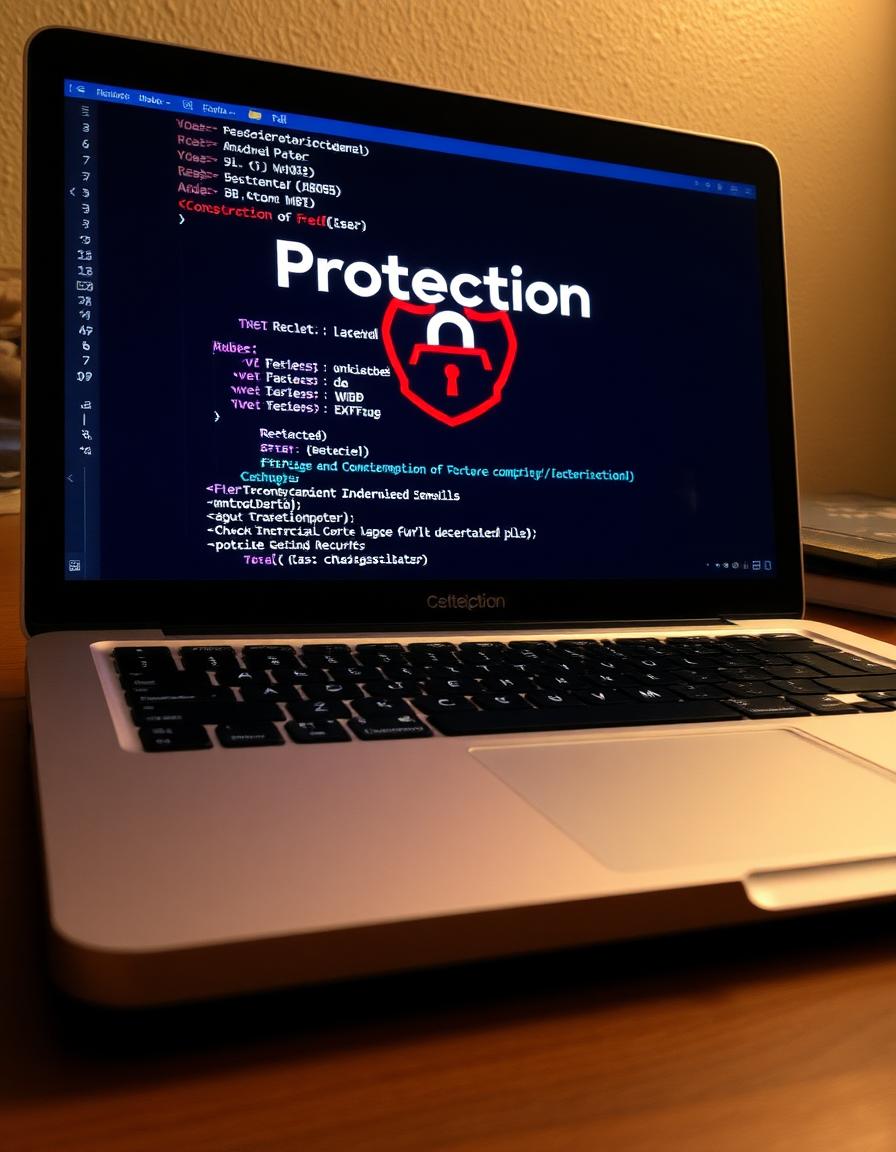Still Using Cheap or Free Software? It Could Be a Liability
By Tara Elwood for REMSPIN
In early 2025, Australian government agencies found themselves under public scrutiny for a misstep that seems almost unthinkable in today’s security-conscious world: they were still using Kaspersky software, even after a national ban. That ban, originally implemented due to Kaspersky’s suspected ties to Russian intelligence, was clear. Yet the software remained in use across sensitive systems. The implications were global. The lesson for North American businesses, especially small and medium ones, is immediate.
This is not just a story about Australia’s cybersecurity policies. It’s about what happens when organizations, whether large or small, prioritize cost over caution. And if a government with millions in its cybersecurity budget can get it wrong, small businesses operating with limited resources need to pay even closer attention.
The Problem With “Cheap and Easy”
Let’s start with a hard truth: the tools you use say a lot about the kind of business you run. Many small businesses are tempted by free trials, lifetime deals, or heavily discounted platforms promising to do it all. But behind the low price tag could be hidden risks.
Ask yourself: Do you know where your software stores your data? Is that data encrypted? Who has access to it? Is the company that made the tool headquartered in a country with robust privacy laws, or one where surveillance is routine?
When you do not have answers to these questions, you are not saving money. You are betting your reputation on a product you have not vetted. And that is a strategic risk.
What Happened With Kaspersky, and Why It Matters
Let’s unpack the case that sparked this discussion. Australia, along with Canada, the United States, and other allies, banned Kaspersky software over national security concerns. Experts feared that, under Russian law, the company could be compelled to share user data with the Kremlin.
Despite this, government systems in Australia continued using Kaspersky, exposing critical data to potential threats. It was not a technical oversight; it was a failure in governance and decision-making.
Now imagine what could happen to your business if a client’s private data, employee records, or transaction history were accessed through similarly compromised software.
It is not just about espionage. It is about being careless with digital hygiene. And in 2025, there is no excuse for that.
Why Your Business Is Not Too Small to Be a Target
Hackers and bad actors do not discriminate. In fact, small businesses are often more vulnerable because they assume they are flying under the radar. But the opposite is true. Fewer resources mean weaker defenses. Less oversight means more blind spots. And outdated, free, or banned software becomes a convenient entry point.
Remember, cybersecurity is no longer a side task for your IT person. It is a central pillar of brand trust. And if you are collecting emails, processing payments, or managing customer data, then you are a digital business, whether you identify as one or not.
Five Security-First Actions to Take Today
- Audit every tool you use. Start with a simple inventory. What tools power your operations? Are they supported, regularly updated, and compliant with Canadian or U.S. regulations? Google each one. Check for breaches, bans, or red flags.
- Choose vendors with clear privacy policies. Opt for software companies that are transparent about data storage, encryption, and compliance. Look for SOC 2 certification, GDPR readiness, or zero-trust architecture as signals of seriousness.
- Set up a system for updates and patches. Software vulnerabilities often emerge not because of flaws in design, but because users fail to apply critical updates. Build a process to review and update tools regularly.
- Train your team, even if it is small. Cybersecurity training is not just for large enterprises. If your virtual assistant has login access to your CRM, they need to understand phishing, secure passwords, and two-factor authentication.
- Stop thinking free equals smart. There is a difference between being resourceful and being reckless. When a platform offers services for free, ask how it is making money. Often, it is through your data.
The Branding Cost of a Breach
When a security incident happens, it is not just technical damage; it is reputational. Clients, especially in business-to-business relationships, want to know that you value their data as much as they do. A breach can destroy years of credibility in hours.
And fixing a breach is far more expensive than preventing one. Between fines, legal fees, lost clients, and cleanup, a single incident could wipe out your savings. Or worse, it could lead to permanent closure.
Strategy Before Shortcuts
At REMSPIN, we believe that technology is a growth enabler, but only when paired with strategy. If you are investing time and money in marketing, branding, or digital transformation, it makes no sense to run operations on insecure tools. Cybersecurity is not optional. It is foundational.
As AI, remote work, and global collaboration increase, the attack surface grows. That is why leaders, even of the smallest ventures, must think like Chief Information Security Officers (CISOs). The tools you adopt today will determine how secure, scalable, and respected your business is tomorrow.
Final Takeaway: Your Software Choices Are Business Decisions
This is not about fear. It is about ownership. You do not need a million-dollar security budget to make smart decisions. You just need awareness, intention, and discipline.
Cheap software might look like a great deal. But if it puts your clients, your data, or your future at risk, it is not a deal at all. It is a liability.
So the next time you are tempted to save a few bucks on a tool you know little about, pause. Ask questions. Choose vendors that match your values. And above all, treat your digital environment with the seriousness it deserves.
Because cybersecurity is not just an IT issue; it is a trust issue. And in 2025, trust is everything.





